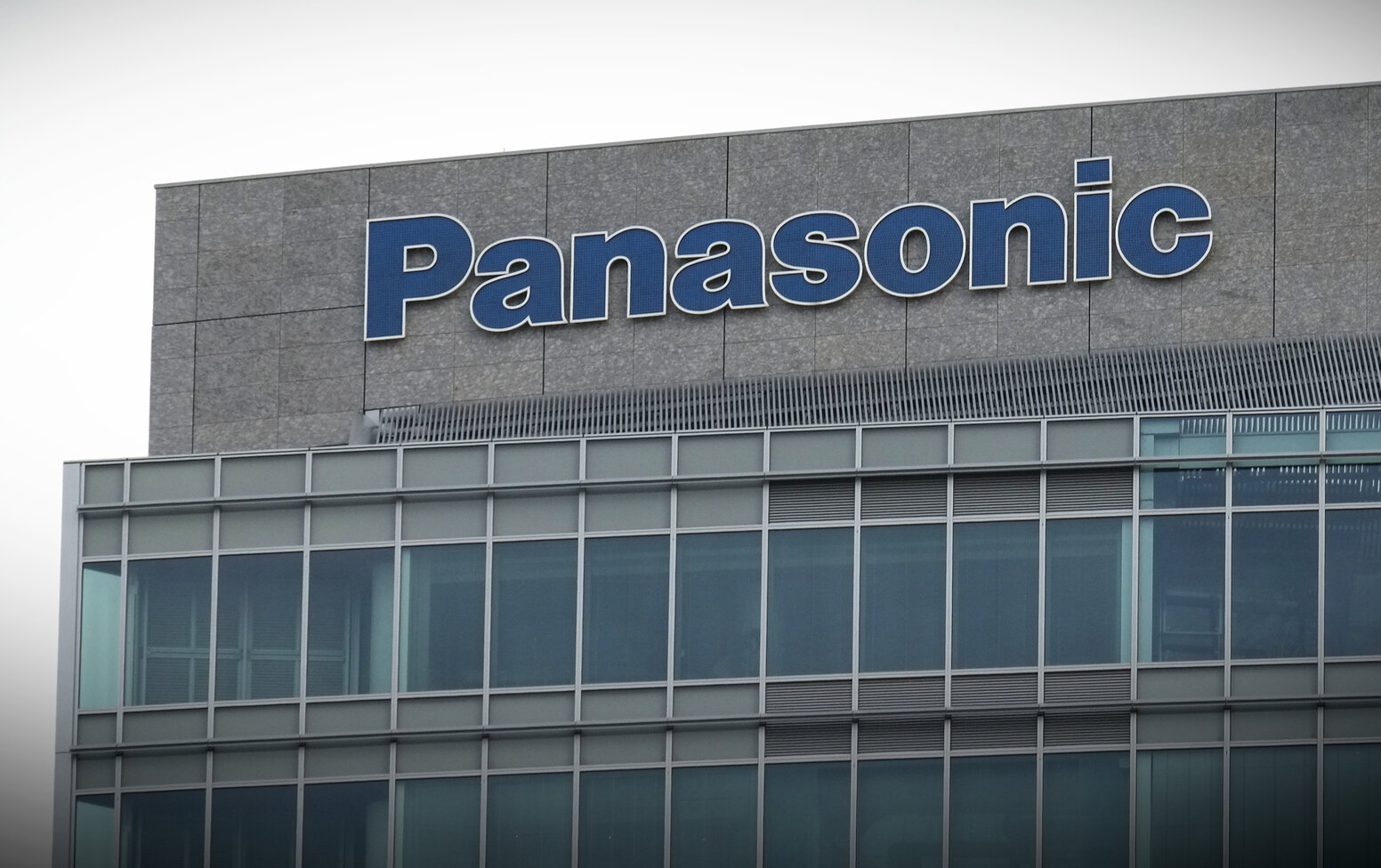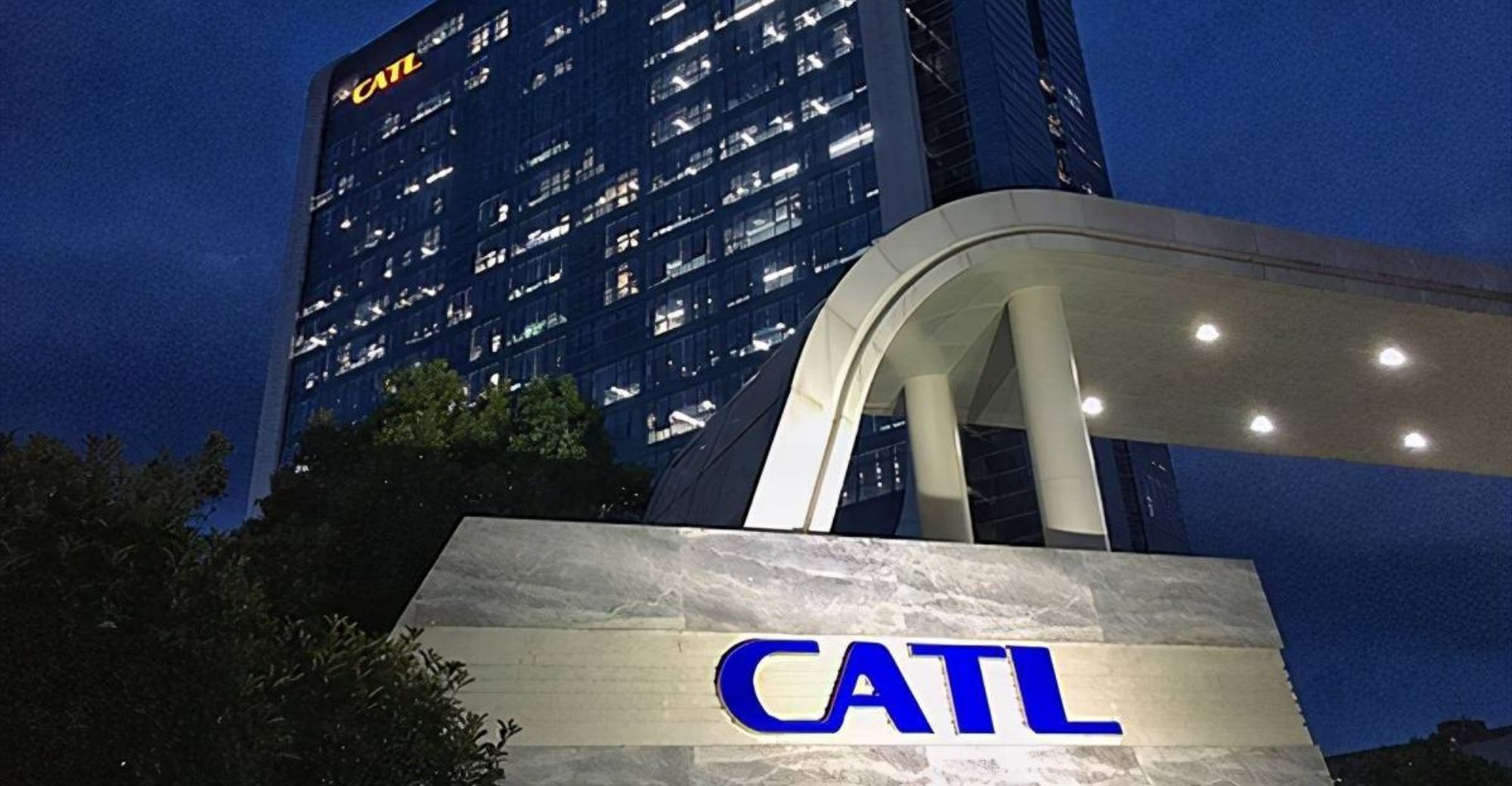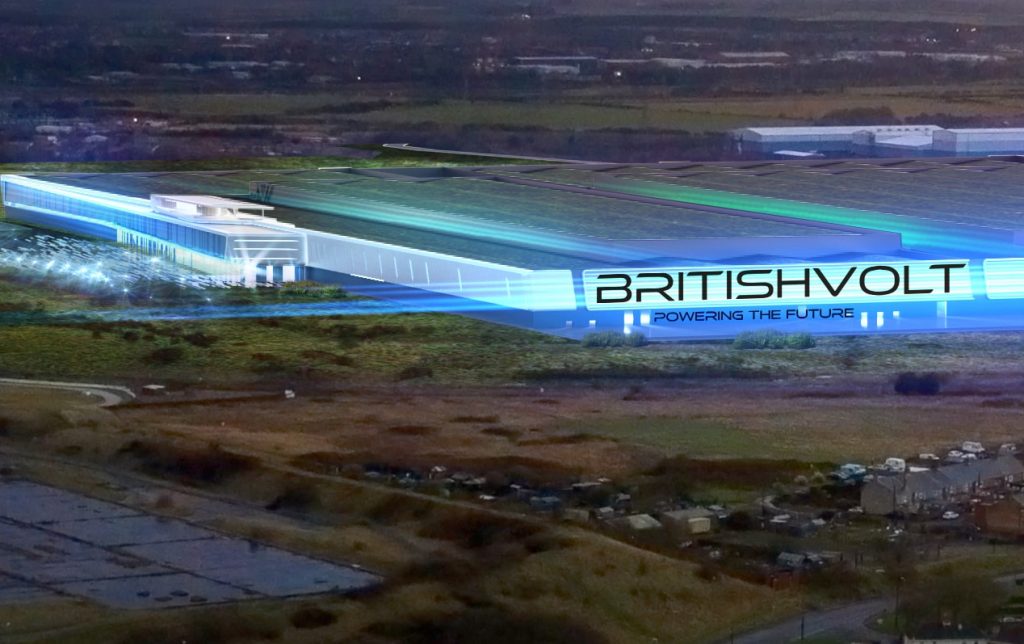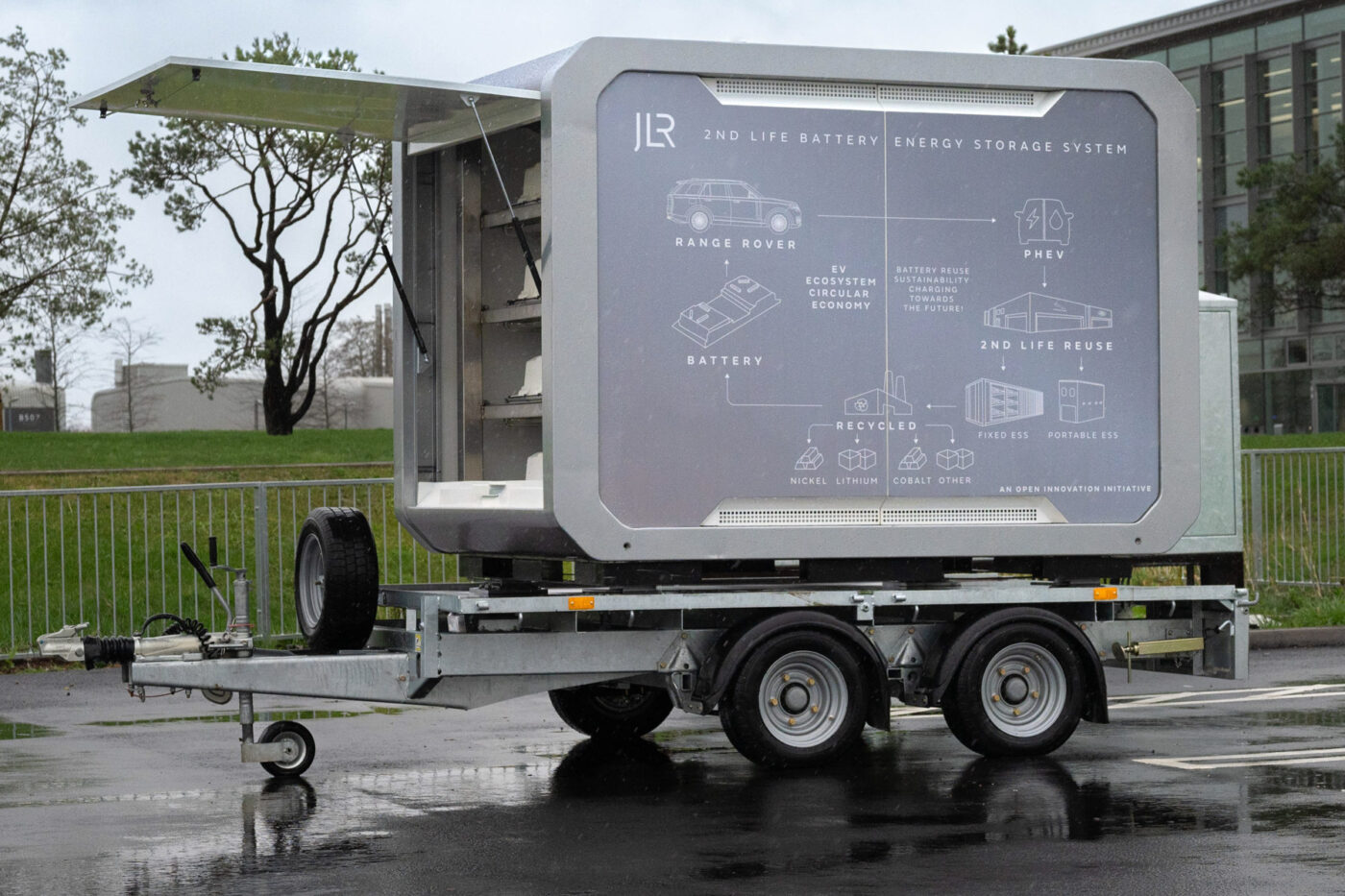Panasonic Energy has announced the completion of a new research and development facility in Suminoe, Japan, dedicated to the advancement of battery production processes. The new facility, adjacent to an existing Panasonic plant that produces automotive batteries, is part of Panasonic’s efforts to strengthen its competitiveness in manufacturing and expand its global production capacity.
The four-storey facility, with a total area of 7,900 square metres, will focus on next-generation manufacturing and contribute to the development of production process technologies. It will house a pilot production and validation area, as well as resources for the testing of mass production systems on a large scale. Additionally, Suminoe will serve as a hub for the development of production process technologies, consolidating and digitalizing company-wide data.
Panasonic plans to employ around 400 production engineers at the new site, with a total of approximately 1,100 employees working in battery-related research and development from next year, making it the largest battery R&D hub in Japan. The company also intends to create additional positions in a new facility for the development of battery cells in Nishi-Kadoma, Osaka, starting April 2025.
Panasonic’s focus on battery production aligns with its goal to quadruple its annual production capacity for electric car battery cells to 200 gigawatt-hours by March 2031. The company is increasingly emphasizing production in North America and aims for its round cells to achieve an energy density of 1,000 Wh/l by 2030, according to a strategy presentation published by the entire Panasonic Group.







